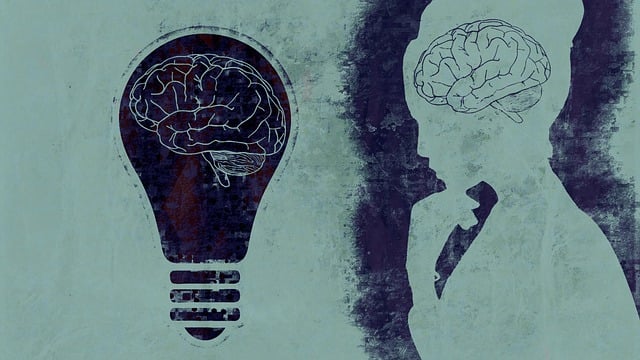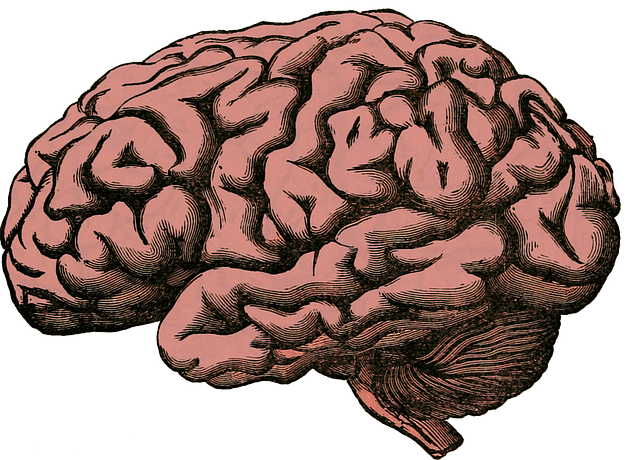Substance abuse during adolescence poses significant risks to physical and mental health due to a still-developing brain. Centennial Adolescent and Teen Therapy emphasizes early intervention through risk assessments, comprehensive therapy plans, and proactive prevention strategies. By recognizing warning signs, fostering open communication, promoting positive thinking, and integrating structured routines, caregivers can create a supportive environment for mental wellness. The therapy provides tailored programs including individual therapy, group counseling, family support, burnout prevention, stress management, and mindfulness practices to address underlying issues like depression and trauma. Building resilience, strong support networks, and self-care practices are crucial for long-term recovery, with a focus on hope, proactive coping mechanisms, and relapse recognition.
“Substance abuse among adolescents poses significant risks, requiring proactive strategies to mitigate its impact. This article explores a comprehensive approach to risk reduction, focusing on various aspects crucial for prevention and recovery. From understanding the unique risks faced by teenagers to identifying early warning signs, we delve into effective interventions, treatment options, and long-term support networks. Centenal Adolescent and Teen Therapy offers valuable insights, guiding parents, caregivers, and teens towards a safer, healthier future.”
- Understanding the Risks of Substance Abuse Among Adolescents
- Identifying Early Warning Signs and Risk Factors
- Prevention Strategies for Parents and Caregivers
- Effective Interventions and Treatment Options
- Building Resilience and Support Networks for Long-Term Recovery
Understanding the Risks of Substance Abuse Among Adolescents

Substance abuse among adolescents poses significant risks to their physical and mental health, with potential long-lasting effects on their development and future prospects. The brain is still developing during adolescence, making teens more vulnerable to the damaging impacts of drugs and alcohol. This period of life is crucial for forming healthy habits and coping mechanisms, especially when it comes to managing stress and emotions, which is where Centennial Adolescent and Teen Therapy can play a pivotal role.
The Risky Business of Teen Substance Abuse encompasses a range of issues, from impaired decision-making abilities and cognitive impairments to increased chances of addiction later in life. A comprehensive Risk Assessment for Mental Health Professionals is essential to identify these risks early on. By integrating mental wellness strategies into their treatment plans, therapists can empower adolescents to develop healthier coping mechanisms, reduce anxiety relief, and foster a sense of resilience that will serve them throughout their lives.
Identifying Early Warning Signs and Risk Factors

Recognizing early warning signs and understanding risk factors are pivotal steps in preventing substance abuse among adolescents. Centennial Adolescent and Teen Therapy emphasizes the importance of proactive identification, as many young individuals may struggle silently. Signs can include dramatic changes in mood, withdrawal from social activities, academic decline, or sudden interest in experimenting with substances to cope with underlying emotional distress. By being vigilant, parents, caregivers, and mentors can play a crucial role in guiding teens towards healthier alternatives.
The development of inner strength is a key component in mitigating these risks. Centennial Adolescent and Teen Therapy suggests fostering emotional well-being promotion techniques that empower young people to manage stress and emotions effectively. Cultural sensitivity in mental healthcare practice is also essential, ensuring that interventions are tailored to the unique needs and backgrounds of adolescents from diverse communities.
Prevention Strategies for Parents and Caregivers

Centennial Adolescent and Teen Therapy highlights the importance of proactive prevention strategies for parents and caregivers to mitigate risks of substance abuse among young individuals. Equipping parents with knowledge about potential triggers and red flags is a crucial first step. By fostering open dialogues, setting clear boundaries, and promoting positive thinking, adults can create an environment that encourages mental wellness and stress reduction methods in adolescents.
Incorporating healthy routines such as regular family meals, consistent bedtime schedules, and structured leisure activities can significantly contribute to a teen’s overall well-being. Moreover, parents should be vigilant in monitoring their child’s online activities and social circles, as these factors can influence risk behaviors. Early intervention through these prevention strategies can serve as a powerful shield against the complexities of substance abuse.
Effective Interventions and Treatment Options

Substance abuse among adolescents and teens is a growing concern, but there are effective interventions and treatment options available to mitigate risks. Centennial Adolescent and Teen Therapy offers specialized programs tailored to address unique challenges faced by young individuals. These include individual therapy sessions, group counseling, and family support services, all designed to help teens navigate underlying issues such as depression, anxiety, or trauma, which often contribute to substance abuse.
Additionally, burnout prevention strategies play a crucial role in overall risk reduction. By incorporating stress management techniques, mindfulness practices, and healthy coping mechanisms, teens can learn to recognize and avoid triggers that might lead to substance misuse. Community outreach program implementation and trauma support services are other vital components, fostering a supportive environment where adolescents feel understood and empowered to make positive choices.
Building Resilience and Support Networks for Long-Term Recovery

Building resilience and strong support networks are key components for long-term recovery from substance abuse, especially among adolescents and teens. This process begins with fostering a sense of hope and encouraging proactive coping mechanisms. Centennial Adolescent and Teen Therapy suggests that individuals in recovery should be empowered to identify their personal triggers and develop healthy strategies to manage them. By learning to recognize early warning signs of relapse and implementing effective stress management techniques, teenagers can build resilience against future substance misuse.
Support networks play a vital role in this journey, offering a sense of belonging and accountability. Encouraging adolescents to connect with peers who share similar experiences or engaging them in support groups can create a safe space for open communication. Additionally, integrating self-care practices like regular exercise, mindfulness meditation, and maintaining a balanced diet into their daily routines can significantly contribute to burnout prevention strategies for healthcare providers assisting in recovery. These holistic approaches not only benefit the mind but also strengthen an individual’s overall well-being, making them better equipped to navigate challenges without resorting to substance abuse.
Substance abuse among adolescents is a complex issue, but with comprehensive risk reduction strategies, we can empower teens towards healthier choices. By recognizing early warning signs, implementing prevention tactics, and offering evidence-based treatments like those provided by Centennial Adolescent and Teen Therapy, we can build resilience and support networks crucial for long-term recovery. Armed with knowledge and resources, parents, caregivers, and communities play a vital role in navigating this challenge and fostering a brighter future for our youth.











